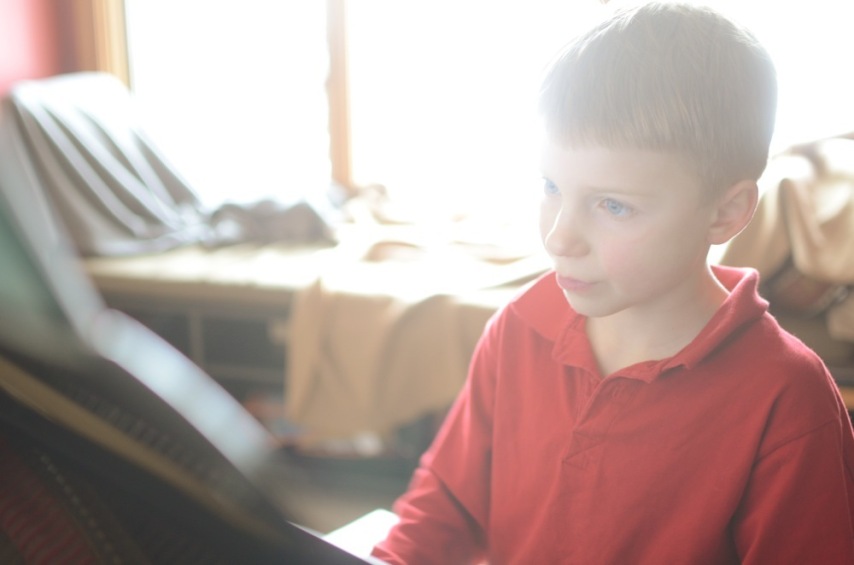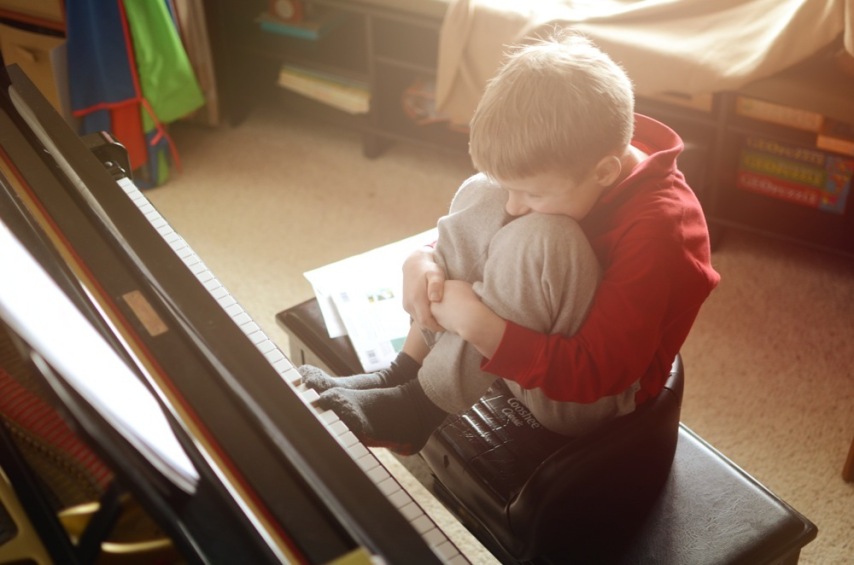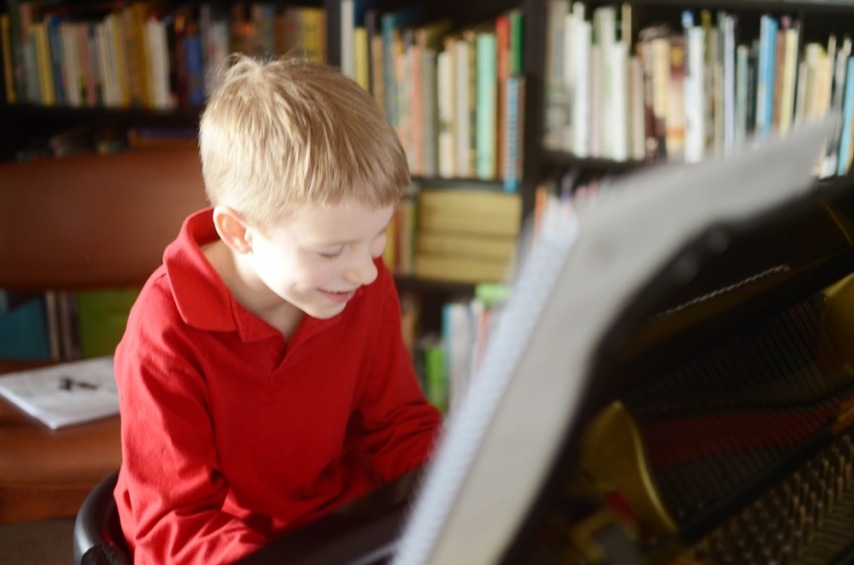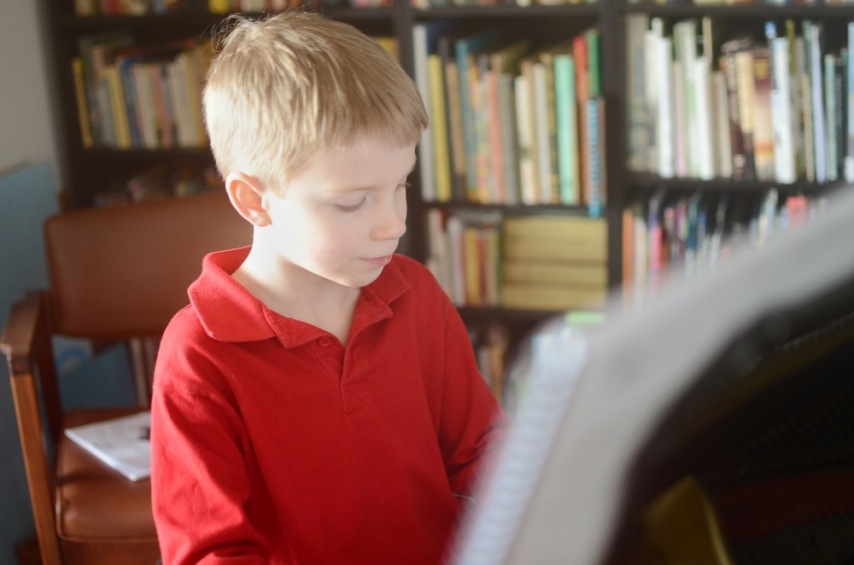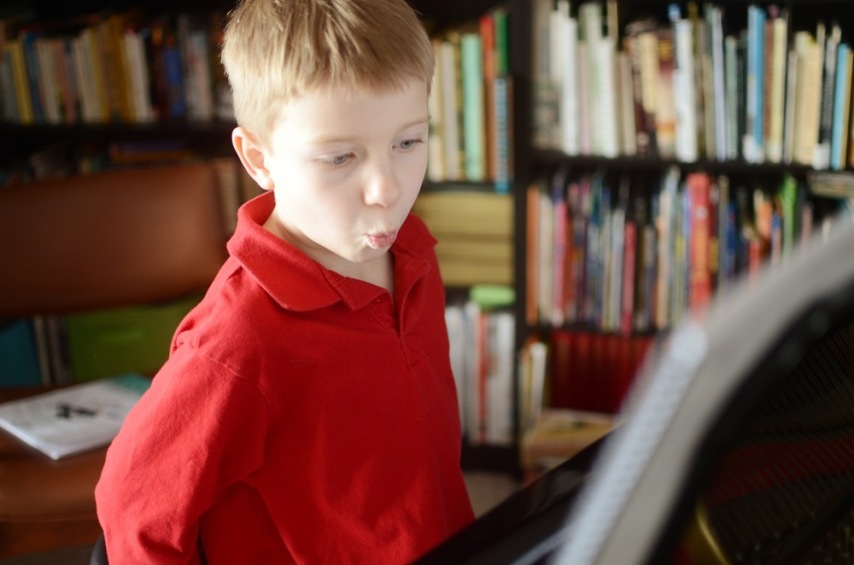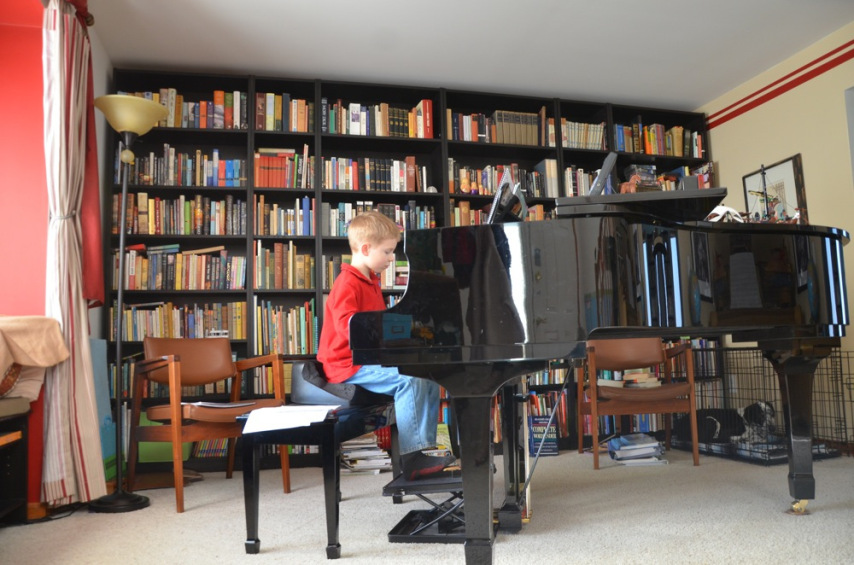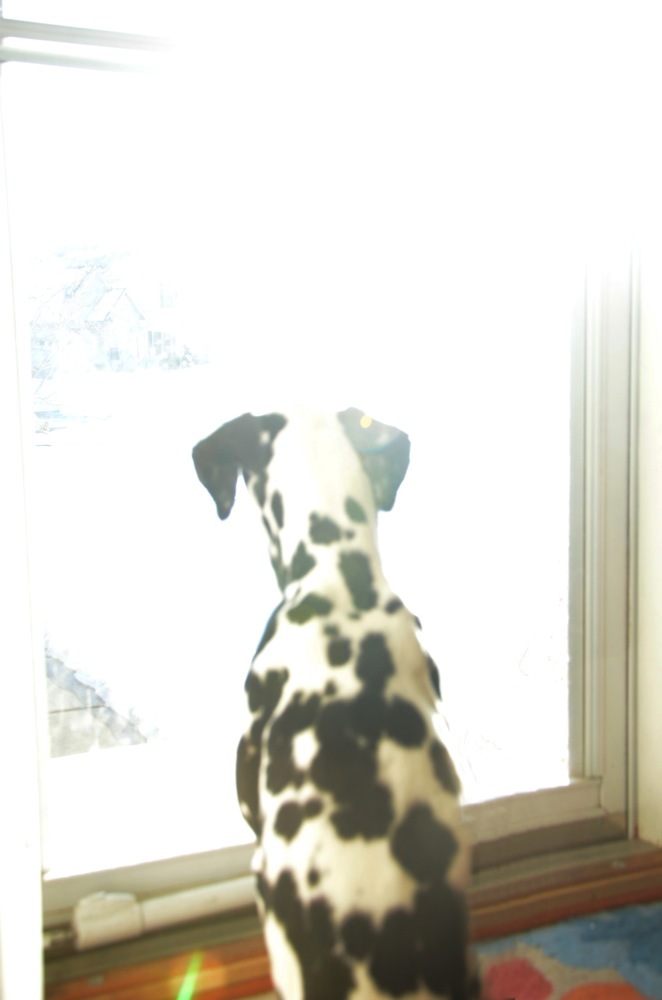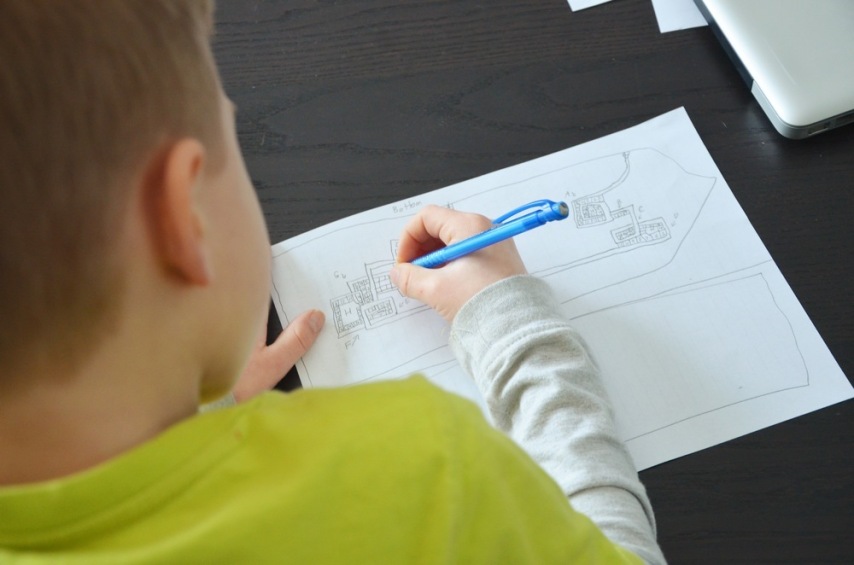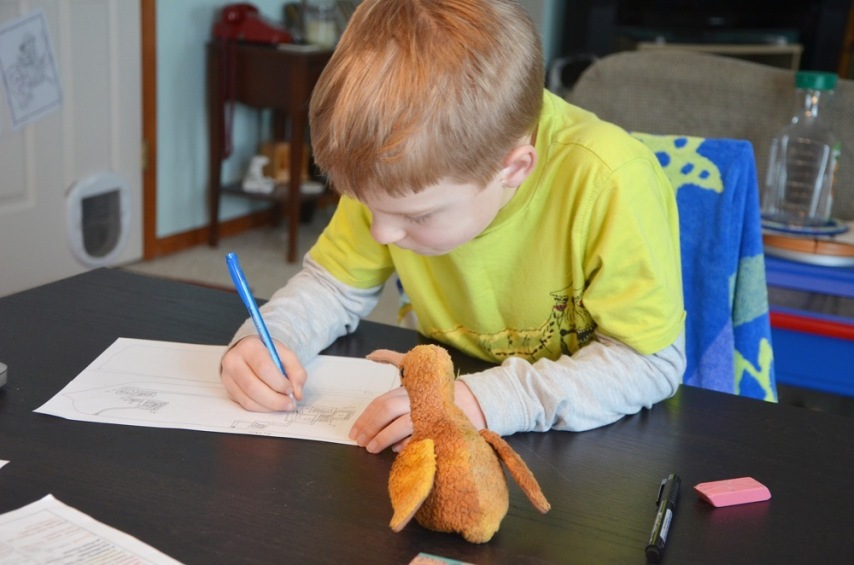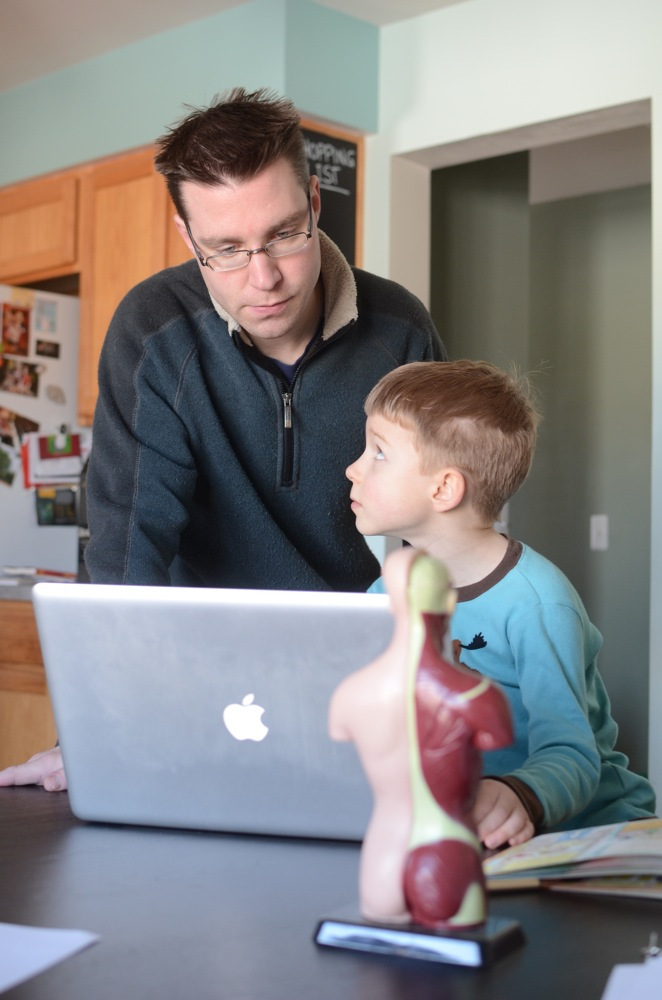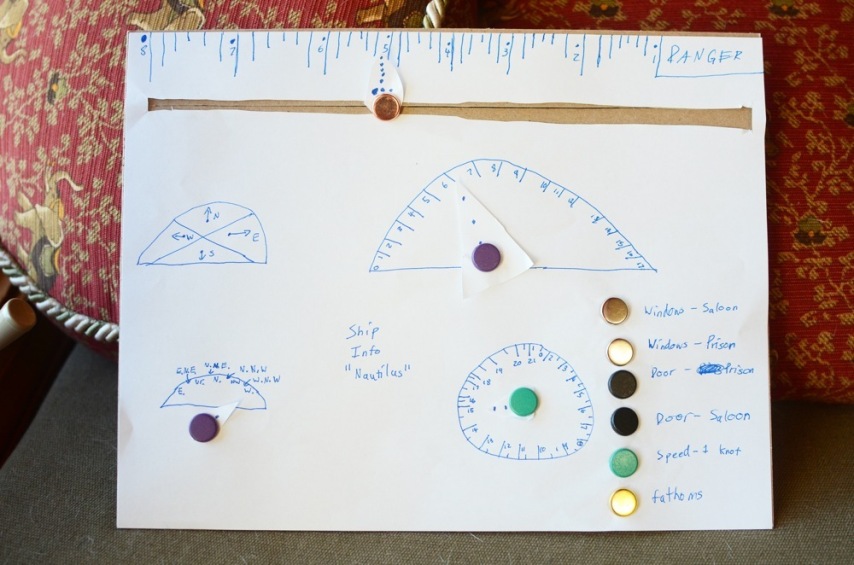Most homeschoolers with half an eye toward science will have already seen the controversy over Bill Nye’s recent comment on homeschooling. The comment was made by Nye on his Facebook page during a public question and answer session. Asked if he had any plans to, or would consider, “creating a science curriculum for the ever-growing number of secular homeschoolers”, Nye replied:
“Use your judgement. The rest of us out here, want your kids to appreciate society and the importance of working together in school and in life. A person working alone will probably not build the future 797 airplane, for example. It takes people who can work with and around people. Carry on.”
The secular homeschooling community, of course, is offended by Nye’s misinformed, narrow judgement of a homeschooler’s social capabilities, but I think that’s only one ingredient in this falling soufflé of snark. In effect, with his Facebook wall polemic against homeschoolers, Bill Nye not only exposed himself as disrespectful and intolerant (ignoble traits for a scientist), he also insulted average, introverted school aged kids world wide, and I'd like to respond to that.
Dear Mr. Nye,
“Use your judgement” you say.
Before I judge, I’d like to see the data gathered showing that previously homeschooled adults underperform in the work place, particularly in research and development. To my knowledge that data has not been compiled, but data that has been shows homeschool students outperforming public and private school students in colleges and universities across the United States. Sure, that’s still an academic environment, but that’s where our researchers and developers get their start (see usnews, the hslda, and huffpost for more information).
When you reference “The rest of us out here”…
the rest of who, out where? Scientists (and everyone else) should beware the blanket statement; it makes them seem unsure of themselves, like they are seeking safety in numbers—imaginary, unnamed numbers. Two wrongs do not make a right, and a mob of misinformed people does not make a biased and unsupported statement any more or less true.
You say you want kids “working together in school and in life”,
but homeschooling isn’t synonymous with schooling in isolation. For some I’m sure it is, but many homeschoolers find meaningful ways to work and learn together through group classes, sports, theater, and music programs outside of the school system.
You're right, “A person working alone will probably not build the future 797 airplane”,
but that’s true in part because a future 797 airplane will be a collection of inventions made by people with very different skill sets. And yes, many people will be working together on such a large project (some of whom may have been homeschooled), but science isn’t only about building large scale new products. Science is also about researching, writing, observing, and deep contemplation. Plenty of discoveries are made by one lone person working late at night in a research lab. Of course this doesn’t mean they don’t consult peers, or collaborate across time and distance through journals, letters, studies, and abstracts. Working alone is not synonymous with working in isolation.
Yes, “It takes people who can work with and around people",
but again, there is no evidence that homeschoolers on average don’t work well with others. Additionally, there is no guarantee that school kids do. In fact, the recent rise in bullying incidents is pretty good evidence that there are plenty of children in schools everywhere who do not work or play well with others.
But the biggest problem here, Mr. Nye,
is the part where you imply that it’s not worth designing a curriculum for kids who won’t be designing the next biggest airplane. What you're essentially saying is that it’s not worth teaching kids who won’t become the next giants in the world of research and development. But "future great inventors" is a very small category of kids, and the kids who don't fit into it will be our future teachers, farmers, or congressmen instead, and more still will be future parents. All of these futures can benefit from a strong basic science education.
All of these futures are worth a good science curriculum.
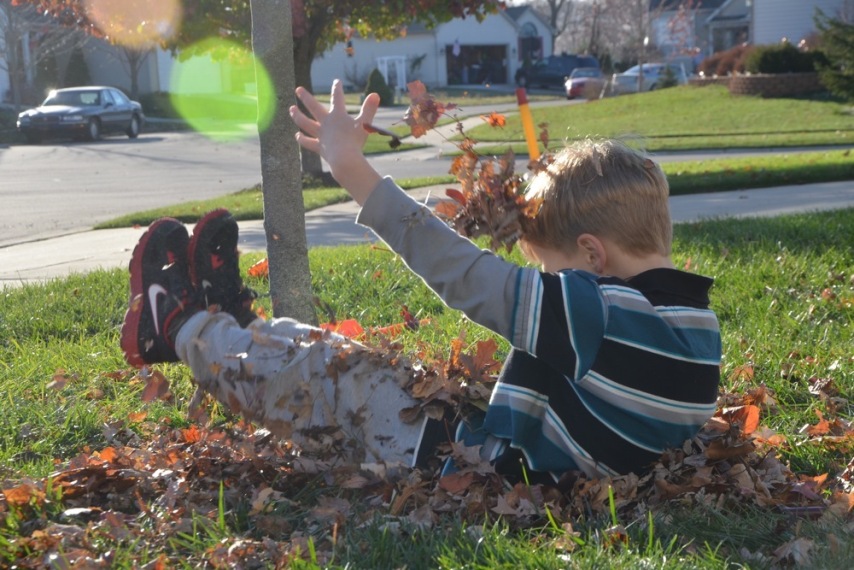

 Tuesday, February 25, 2014
Tuesday, February 25, 2014